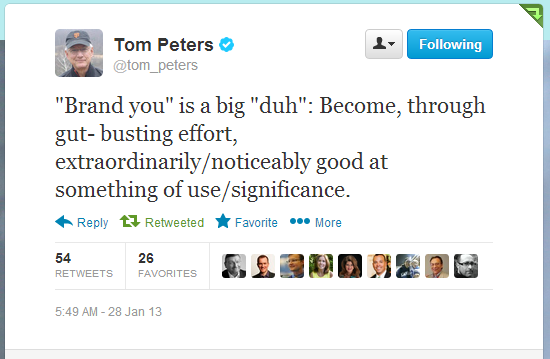 A few years ago, I published an essay in the journal Radical Philosophy titled, ‘Refiguring the multitude: from exodus to the production of norms’ (2005). It was about swarms, though I didn’t know it at the time. The publication was a coup for me. I was a struggling contract academic, vying for attention. Radical Philosophy was an ‘up there’ journal in political philosophy circles, edgy but respectable. My paper was one of the first academic responses to Multitude (2004), Michael Hardt and Toni Negri’s sequel to their best-selling book, Empire (1999).
A few years ago, I published an essay in the journal Radical Philosophy titled, ‘Refiguring the multitude: from exodus to the production of norms’ (2005). It was about swarms, though I didn’t know it at the time. The publication was a coup for me. I was a struggling contract academic, vying for attention. Radical Philosophy was an ‘up there’ journal in political philosophy circles, edgy but respectable. My paper was one of the first academic responses to Multitude (2004), Michael Hardt and Toni Negri’s sequel to their best-selling book, Empire (1999).
The essay was a bit of dog’s breakfast. But the crux of the argument resonates today. I have pasted some paragraphs below. If you are into Deleuze and social movements, this one is for you.
Re-reading ‘Refiguring the multitude’ for the first time in years, I am struck by how much of this material has become part of my mental DNA. I didn’t realise at the time, but ‘Refiguring the multitude’ was crucial to my intellectual development. Multitude certainly resonates with the high-tech world of 2013. Empire and Multitude are books you should have on your shelf, whatever part of the political spectrum you inhabit. They are books about globalization. Hardt and Negri are essentially right. Of course, they are wrong in important respects too.
The paragraphs from ‘Refiguring the multitude’ that I’ve pasted below are the crux of a line of thought that I started developing in 2002 or 2003. It was a response to the failure of the anti-globalization movement that got started in the 1990s. I was looking for a theoretical trajectory that would enable me to continue on the line of flight that I’d experienced at the height of this movement (1999-2001), this time reflecting on how swarms and social movements could contribute to creating something, in the first case, a new set of norms.
In retrospect, it is easy to see how I stepped from this argument to write Coalition of the Willing.


